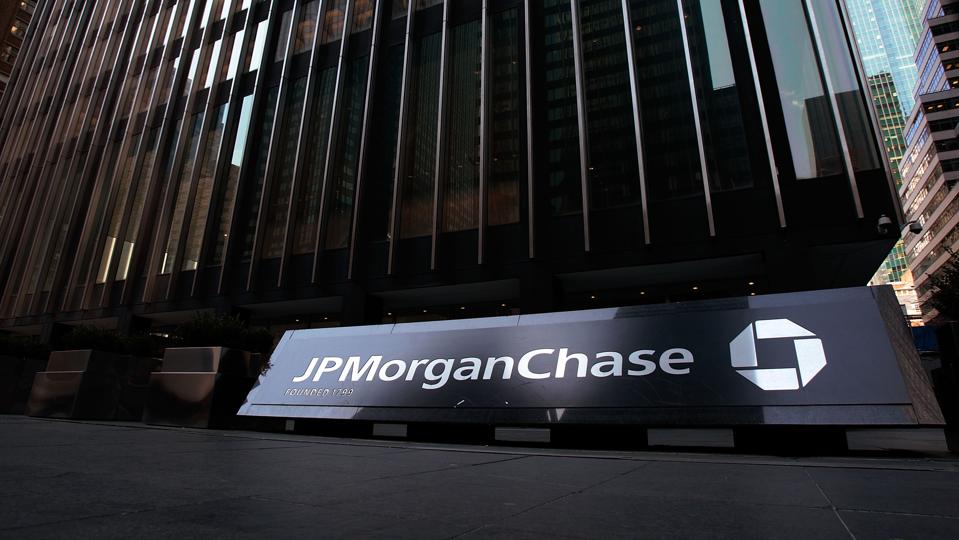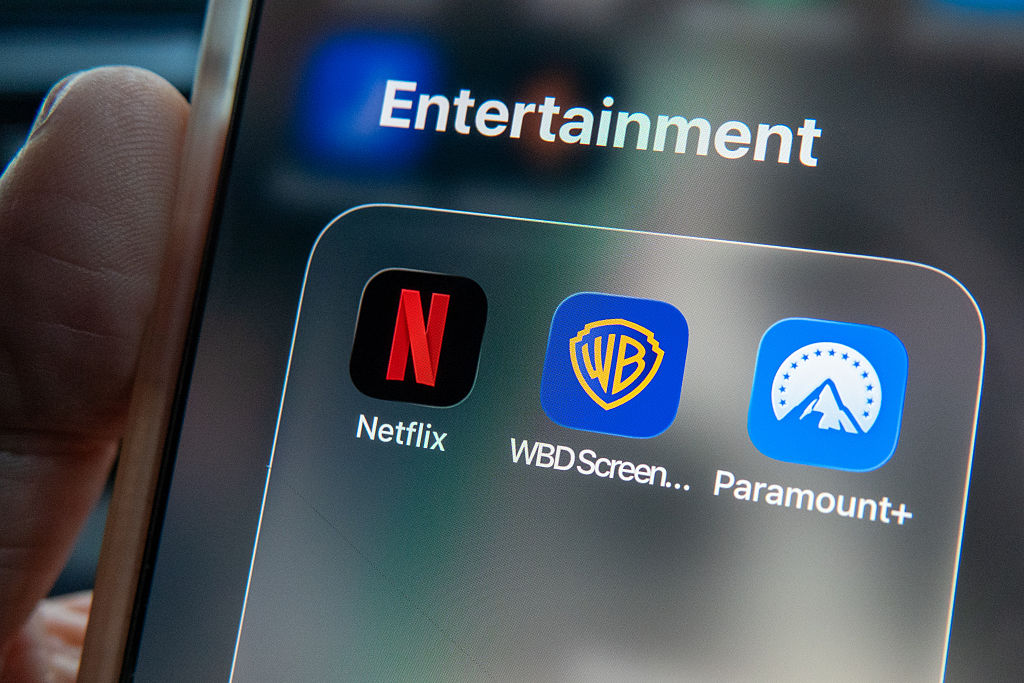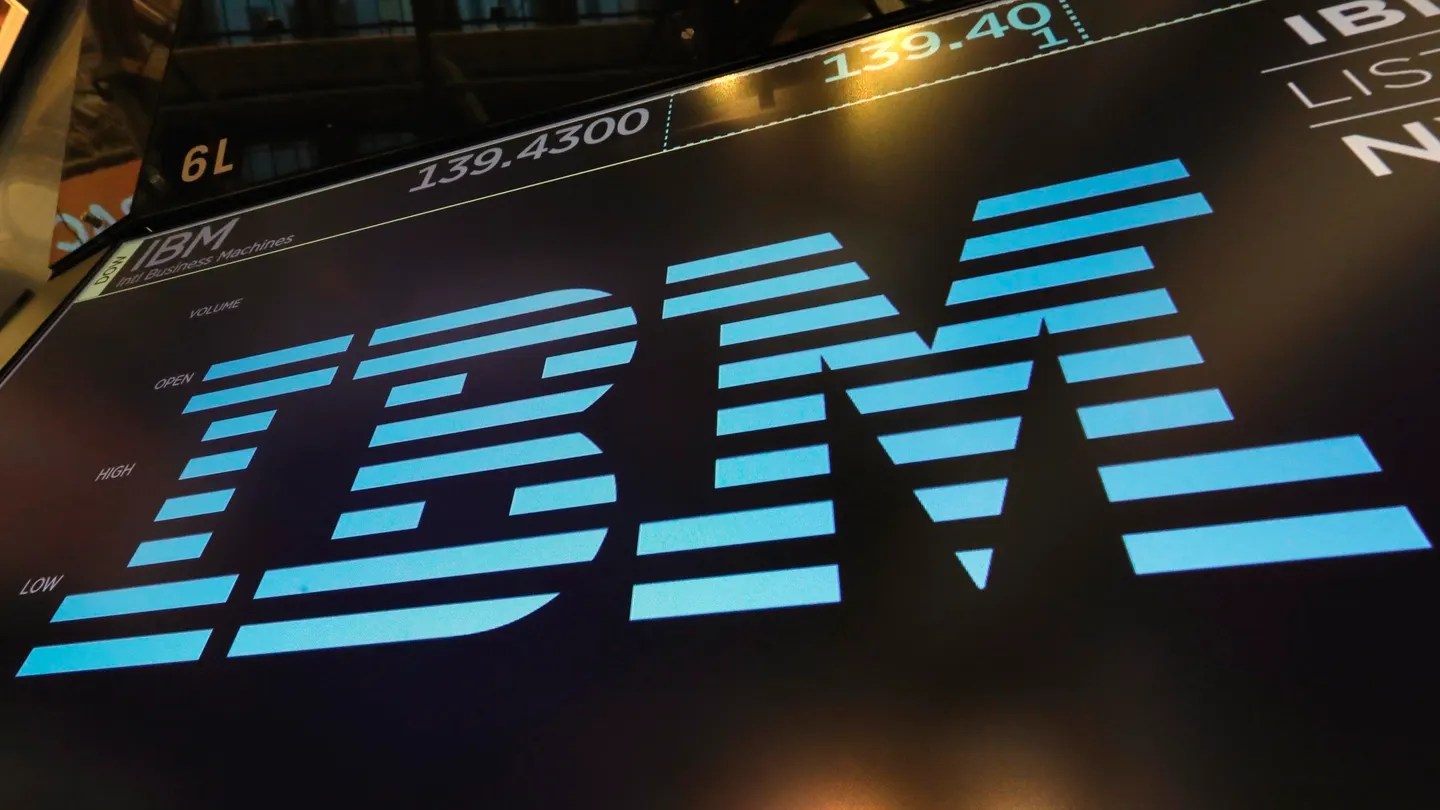A lawsuit brought by five JPMorgan Chase customers alleges the bank charged “unconscionable” and “predatory” fees for unintentionally depositing checks that bounced, the latest allegation against a major U.S. bank suggesting consumers are being hit with excessive or hidden “junk fees.”

A group of JPMorgan Chase customers is suing the bank for at least $5 million in damages after they claim they were charged for unintentionally depositing checks that bounced.
Getty Images
Key Facts
The lawsuit—filed Tuesday in the White Plains, New York federal court—says Chase charged customers up to $30 for a “deposited item return fee” after checks they tried to deposit were returned unpaid.
The suit argues that when a check bounces due to insufficient funds or some other problem, it’s not the fault of the person who tried to deposit the check.
The five customers—who seek at least $5 million in damages—claim Chase “all but acknowledged” their fees were unfair after the bank removed references to them in deposit agreements and fee schedules in March 2023.
The plaintiffs also said the return fees are “often found in dense and convoluted legal agreements or associated fee schedules” that make it difficult for customers to find.
The complaint cited a Consumer Financial Protection Bureau bulletin indicating indiscriminate charges by banks were illegal and claimed Chase violated consumer protection laws in New York, California, Illinois and New Jersey.
Chase did not immediately respond to a request for comment from Forbes.
Contra
Some banks have disclosures indicating they will charge customers a “return item fee” if a deposited check bounces, including Bank of America and Wells Fargo, while others have removed those fees, like Citibank.
Crucial Quote
Lisa Considine, an attorney representing the customers, told Reuters the fees were a “pervasive and unfair industry practice that penalizes consumers for circumstances that are outside of their control.”
Tangent
Several U.S.-based banks have been fined for charging customers illegal junk fees over the last year. Last July, the CFPB ordered Bank of America to pay more than $250 million over allegations the bank opened fake accounts, withheld credit card rewards and illegally charged junk fees. The bank illegally double-dipped on fees for customers with insufficient funds in their accounts, according to the Office of the Comptroller of the Currency. In August, Wells Fargo agreed to pay $35 million to resolve charges from regulators alleging the bank overcharged nearly 11,000 accounts more than $26 million in advisory fees.
Key Background
The Federal Trade Commission proposed a new rule in October that would outright ban businesses from charging hidden, surprise or misleading fees. The new rule would require businesses to disclose all fees and the full price of goods and services upfront, allowing the FTC to impose penalties on those that don’t comply. It would also allow the CFPB to force banks to provide basic information for free, like account balance, payoff amounts for loans or other information needed for applications. Junk fees, like bank overdraft fees, will often “far exceed the marginal cost of the service they purport to cover,” according to the CFPB.


